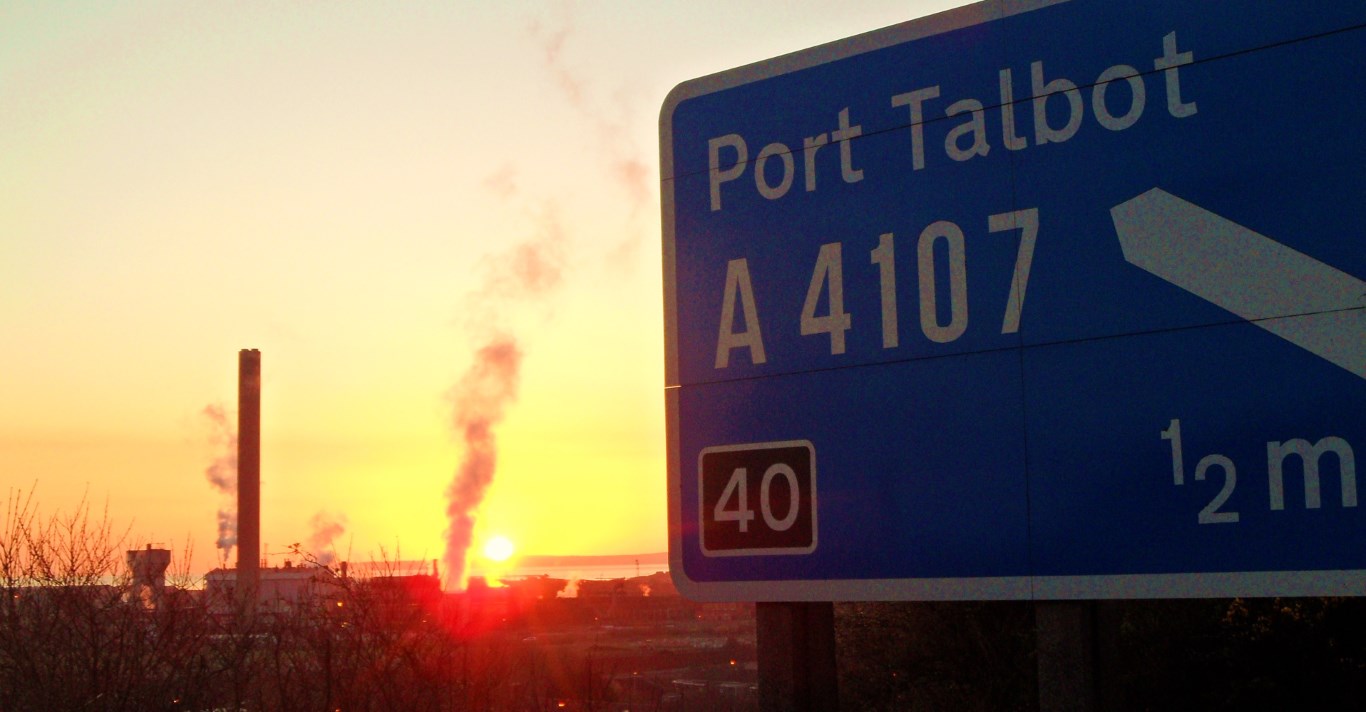Tata-ThyssenKrupp Merger
May 4, 2017 | Expert Insights

Crisis for Tata Steel?
Owing to dwindling of demand and years of losses because of cheap imports from China, in March 2016 Tata announced that it was looking to sell all its UK businesses, plunging the sector into crisis. In 2014, the steel industry’s importance to the whole economy has declined, from 0.5% of total output in 1990 to the current total of 0.1%. In January 2016, the company announced more than 1,000 UK job cuts, 750 in Port Talbot, where it employs 4,000 staff and a further 3,000 contractors and temporary workers. The UK makes a very small profit from steel- in 2014, the UK steel exports were worth £6.0 billion and imports were worth £5.9 billion.
Over the last year, Tata Steel has tried various rescue operations. As of December 2016, Tata Steel UK decided to cut itself from the British Steel Pension Scheme as it had posed a significant obstacle in the way of a resolution for Tata’s struggling British operation. Additionally, talks of Tata merger with Thyssenkrupp on European steel operations began last year.
The Tata-Thyssenkrupp Merger
The proposed merger between Tata Steel and the steel operations of Thyssenkrupp, would secure the future of the Port Talbot steel works in Wales and a total of 8,000 UK jobs. On the contrary, this merger has been receiving strong opposition from the German labour union IG Metall and ThyssenKrupp steelworkers, 7,500 of whom staged a rally on 3rd May 2017 in Duisburg, Germany against it.
Thyssenkrupp had previously unveiled plans to cut costs by £423 million at its steel business. This merger is ThyssenKrupp’s attempt staying afloat in the global steel markets, which are now characterized by overcapacity and price decline. IG Metall has said that could lead to 4,000 out of the 27,000 jobs at Thyssenkrupp Steel Europe being axed. In addition to this, more cuts could be made at ThyssenKrupp’s German steel sites to make room for Tata's ailing steel plant in Port Talbot, Wales.
After continuing backlash from the North Rhine-Westphalian Minister of Economic Affairs- Garrelt Duin and the Steel Works Councillor- Gunter Back, the Supervisory Board of the Steel Division, Thyssenkrupp is to meet and discuss the restructuring plans today.
Assessment
Tata Steel supports more than 18,000 jobs in Wales and is worth £2.3 billion to the Welsh economy. But in the face of Brexit the future of Tata’s steel plant in Port Talbot may be in even worse trouble.
After N Chandrasekaran took over as the chairman of Tata Group, Tata Steel has begun considering breaking off from the merger. Tata Steel has been a bone of contention in the high profile boardroom battle who wanted to sell off the UK assets of Tata Steel, calling it a financial burden on the Group. The Tata industry is strong enough to sustain itself through its multiple other ventures rather than holding on to a staggering international unit.
On 2nd May 2017, another UK based steel products company Liberty House took over Tata’s specialty divisions saving 1,700 jobs and creating 300 more, which was considered a hopeful ray for a sustainable future. Deriving from this development, the most unanimously beneficial solution to all would be to forgo this merger and put the entire Tata Steel unit in UK up for bids.








Comments